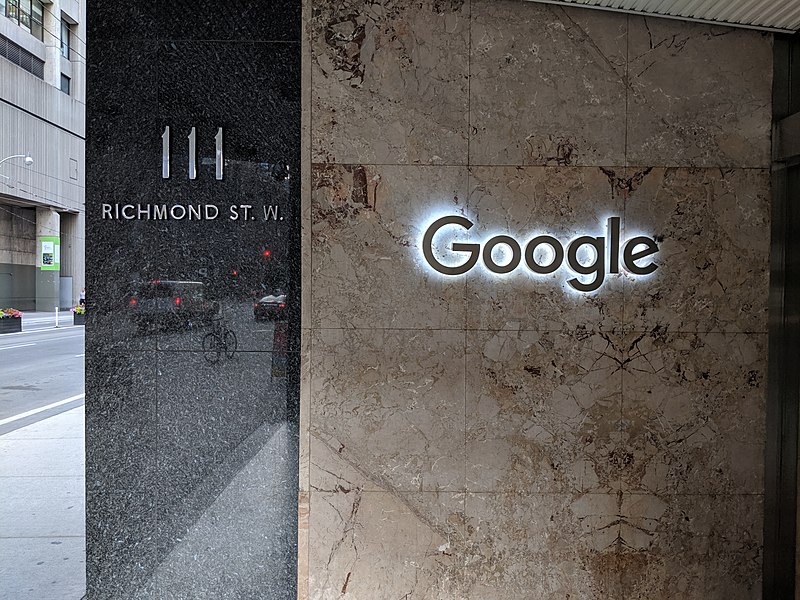A federal judge has determined that Google has violated antitrust statutes by engaging in anticompetitive behavior, leveraging its money and influence to maintain its position as the world’s most profitable search engine.
“After having carefully considered and weighed the witness testimony and evidence, the court reaches the following conclusion: Google is a monopolist, and it has acted as one to maintain its monopoly,” wrote U.S. District Judge Amit Mehta.
The D.C.-based court indicated that Google appears to have repeatedly violated “Section 2 of the Sherman Act,” a 19th century law that prohibits what its framers termed “coercive monopoly.”
Unlike the “innocent monopoly,” or a competitive advantage accorded solely through the sale of a superior product or service, coercive monopolies dominate markets through acts of intentional misconduct.
In his 277-page ruling, Mehta interpreted Google’s market dominance as evidence of its monopolistic tendencies: the company “enjoys an 89.2% share of the market for general search services, which increases to 94.9% on mobile devices.”
Google had long sought to defend itself by asserting that consumers simply prefer its search engine, and that it shouldn’t be punished for creating a superior product.

Kent Walker, Google’s president of global affairs, said that the company intends to appeal Mehta’s ruling at the earliest opportunity.
“This decision recognizes that Google offers the best search engine, but concludes that we shouldn’t be allowed to make it easily available,” Walker said. “[…] As this process continues, we will remain focused on making products that people find helpful and easy to use.”
The Associated Press notes that the Department of Justice first filed its antitrust lawsuit against Google four years ago, when Donald Trump was still president. Regulators continued to press their claims against Google after President Joe Biden took office.
“This victory is an [sic] historic win for the American people,” said Attorney General Merrick Garland. “No company—no matter how large or influential—is above the law. The Justice Department will continue to vigorously enforce our antitrust laws.”
Mehta’s decision will most likely trigger separate proceedings to determine what penalties Google will face. A Vanderbilt law professor told CNN that Google will likely face a fine, but emphasized that fines are “not the primary way in which the American antitrust system enforces the law,” as financial penalties “are often a “drop in the bucket for a huge, very profitable company.” Google may instead be ordered to refrain from entering certain types of contracts, or be instructed to create a “choice screen” on its search engine’s landing page.
Google is, in the meantime, continuing to face a wide range of other legal threats: in September, another Department of Justice claim against the company will move to trial. Its outcome will determine whether Google’s advertising technologies and services also constitute a monopoly.
Sources
Google has an illegal monopoly on search, judge rules. Here’s what’s next
Google illegally maintains monopoly over internet search, judge rules


Join the conversation!